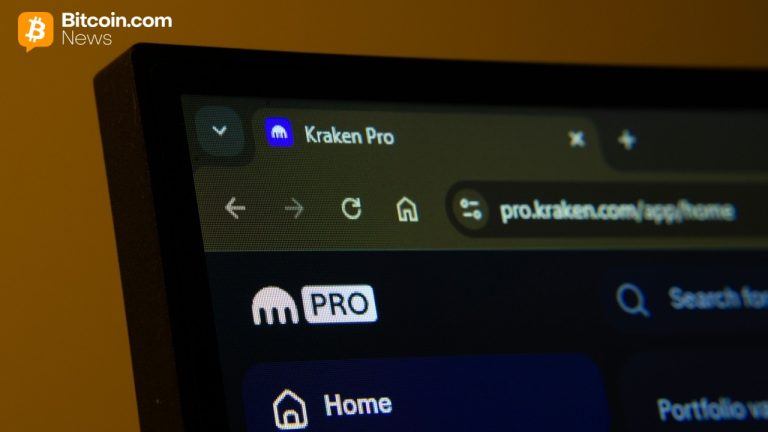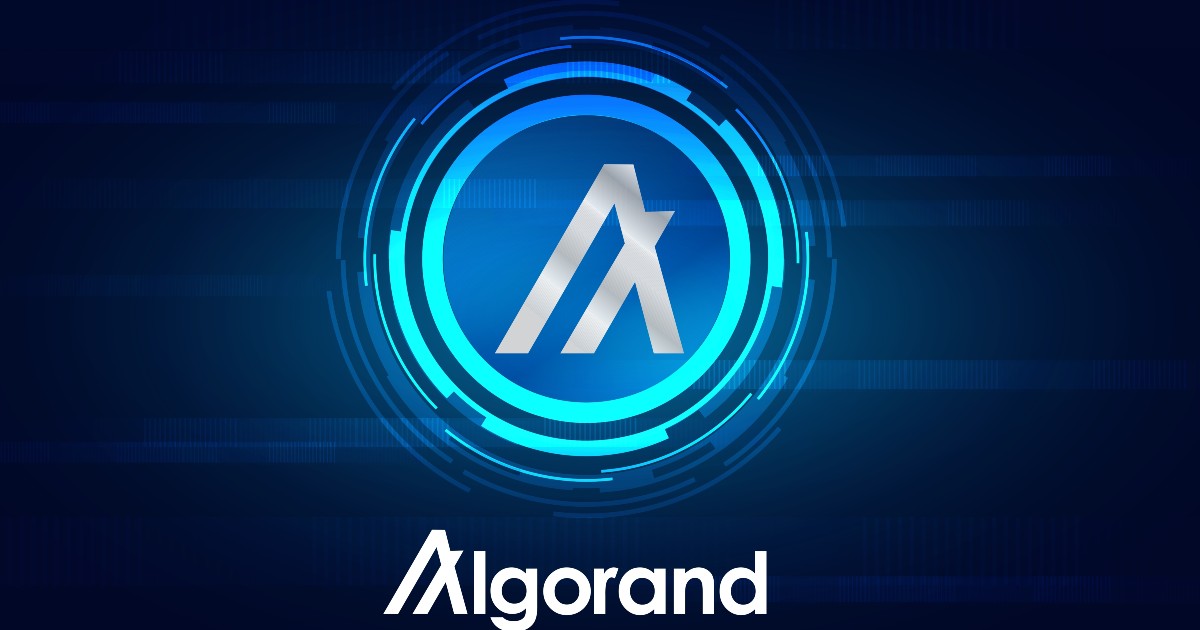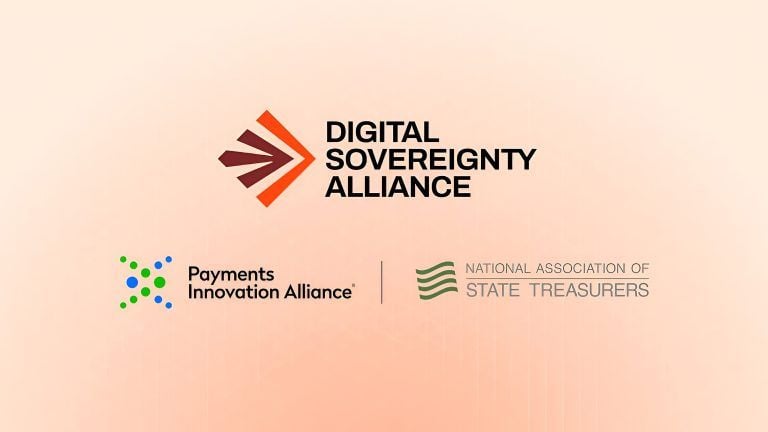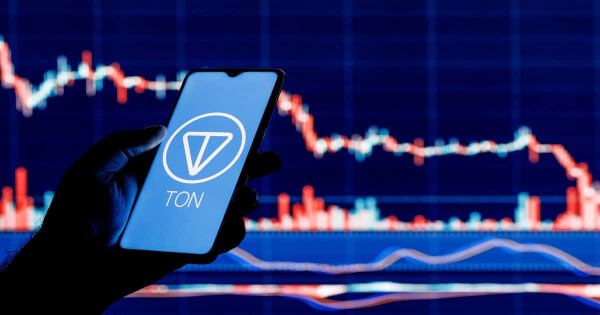
The hearing was filled with a heavy amount of criticizing the SEC, urging to take matters of regulation into Congress’ hands and empowering the CFTC.
On May 10, the United States House of Representatives Financial Services Committee and Agriculture Committee held their first joint hearing on digital asset regulation. The event felt like a logical continuation of another recent hearing where representatives lambasted Securities Exchange Commission Chair Gary Gensler for perceived regulatory overreach.
The principal narrative, articulated by the hearing’s initiators, was that Congress should intervene with its own regulatory project to provide certainty, stop “regulation through enforcement” and address the competition between regulating agencies. But maybe it actually shouldn’t, believe many lawyers as well.
Hill and Lynch
Despite the intercommittee nature of the hearing, dubbed “The Future of Digital Assets: Measuring the Regulatory Gaps in the Digital Asset Markets,” the members of the Financial Services Committee set the tone of the event.
In his opening remarks, Representative French Hill, a Republican from Arkansas, summarized the existing conflict over digital assets: While some lawmakers (primarily Republican) believe there’s no workable framework for crypto in the country, others (primarily Democrats) are certain the existing regulation is enough to ensure compliance. Hill rushed to debunk the partisan nature of the conflict, stating:
“No one here is claiming that crypto should be exempt from rules or that we should create an entirely new regime for it. Instead, we’re trying to apply the principle of ‘same risk, same regulation’ to amend current law.”
In a hardly surprising move, Representative Stephen Lynch, a Democrat from Massachusetts, laid out the exact opposite position following Hill’s speech. Lynch urged not to fall into the false “industry-fueled narrative” about a turf war between the Commodity Futures Trading Commission (CFTC) and the SEC.
In his opinion, industry advocates continue to make claims about current legislation not fitting the innovative economy because they know that crypto business models are incompatible with orderly markets or investor protections law. Hence, creating a new carve-out for digital assets seems unnecessary and redundant. Per Lynch, lawmakers should take a step back and examine intermediaries, which he claimed are generally failing to comply, and seek to combine multiple financial functions despite the existing prohibition.
Testimonies
If one were to distinguish the existing positions among the congresspeople as “pro-reform” or “anti-reform,” the majority of the hearing’s witnesses belonged to the former.
Andrew Durgee, head of Web3 investment platform Republic Crypto, echoed some of the representatives, highlighting the perceived incompatibility between current regulations and the decentralized and disintermediated trading technology of blockchains.
He claimed that digital assets registered as securities could not be traded on existing crypto exchanges, none of which are registered as national securities exchanges. Durgee advocated change, proposing to include a number of legal definitions in any future amendments, such as the autonomous smart contract, deployers of the smart contract, liquidity providers and front-end websites operators.
Matthew Kulkin, former director of the CFTC Division of Swap Dealer and Intermediary Oversight, told the committee that most of the largest digital assets by market size and trading volume are commodities and, as such, should be regulated by CFTC. That could be achieved if Congress recognizes the inherent differences between digital assets that are securities and those that are commodities.
Kraken chief legal officer Marco Santori described how the current gaps in regulation could be filled by Congress, stating that the House of Representatives should establish a functional framework, define the SEC’s jurisdiction, and expand the CFTC’s authority to regulate spot digital asset markets and exchanges. His counterpart from the Web3 Foundation, Daniel Schoenberger, largely agreed, warning against attempts to apply laws and regulations not explicitly designed for blockchain technology to the digital asset space.
Timothy Massad, a research fellow from Harvard Kennedy School, offer an alternative to the proposed approach of taming the SEC and potentially expanding the CFTC’s powers.
In Massad’s opinion, many of the investor protection principles are the same regardless of whether a token is a security or commodity. Starting from that point, any trading or lending platform that “trades Bitcoin or Ethereum” must comply with a set of core principles for all tokens traded or used on that platform, even if it’s not registered with the SEC or CFTC as a securities or derivatives intermediary.
Political stalemate?
As with many congressional hearings focused on digital assets, this one was surely welcomed by the industry. However, the ultimate takeaway was that some lawmakers clearly want to pass the next big legislation through Congress and do away with the SEC’s proactive stance — maybe by strengthening the CFTC — and the question is whether this intention comes any closer to reality after another hearing.
One should note that there is, in fact, no shortage of legislative projects currently waiting to be heard by Congress — the Lummis-Gillibrand “crypto bill,” to name one. But the Democrats’ firm stance on the side of the SEC makes it hard to imagine any drastic shifts, as Markus Levin, co-founder of XYO Network, told Cointelegraph:
“Perhaps the House members who are pro-innovation in the digital asset space could serve as something of a bulwark against executive overreach. But when surveying the ultrapartisan and divided House, it doesn’t seem terribly likely that something tangible will happen at the moment.”
Howard Fischer, partner at Moses Singer and former senior trial counsel at the SEC, also doesn’t believe in any creative outcomes for the industry from the hearings, with one tiny exception.
“Other than possibly with stablecoins,” he told Cointelegraph, “the chances of there being sufficient agreement on the scope of that regulatory structure (including with respect to who oversees this market) are low, given the significant divides regarding how specifically that regulation would work.”
A four-page resolution of support for blockchain technology and digital assets introduced as a part of the hearing criticizes the SEC’s disclosure procedure for digital assets and states that neither the SEC nor CFTC has authority over intermediaries in the non-security, digital asset spot market.
Recent: Is ChatGPT king? How top free AI chatbots fared during field testing
However, the resolution doesn’t bear any power itself and was sponsored solely by Republican Representative Dusty Johnson. “This was really one congressman’s rebuke of the SEC,” Richard Hong, a former SEC trial lawyer and now a partner at Morrison Cohen, told Cointelegraph. Given SEC Chair Gensler’s support within the Democratic Party, he would hardly worry about the resolution.
What we’re witnessing is a political stalemate, and it isn’t going to break down any soon, according to Fischer. Efforts to explicitly strip the SEC of regulatory and enforcement authority are not likely to succeed, whether they are aimed at conferring that authority on the CFTC or a new self-regulatory organization. And the financial climate of the crypto industry won’t help these efforts, Fischer suggests:
“That would be seen by many as a backdoor way of giving digital asset firms freedom from regulation. While that might have been politically feasible early last year, the cycle of crypto collapses since then makes it unlikely.”

You can get bonuses upto $100 FREE BONUS when you:
💰 Install these recommended apps:
💲 SocialGood - 100% Crypto Back on Everyday Shopping
💲 xPortal - The DeFi For The Next Billion
💲 CryptoTab Browser - Lightweight, fast, and ready to mine!
💰 Register on these recommended exchanges:
🟡 Binance🟡 Bitfinex🟡 Bitmart🟡 Bittrex🟡 Bitget
🟡 CoinEx🟡 Crypto.com🟡 Gate.io🟡 Huobi🟡 Kucoin.


















Comments